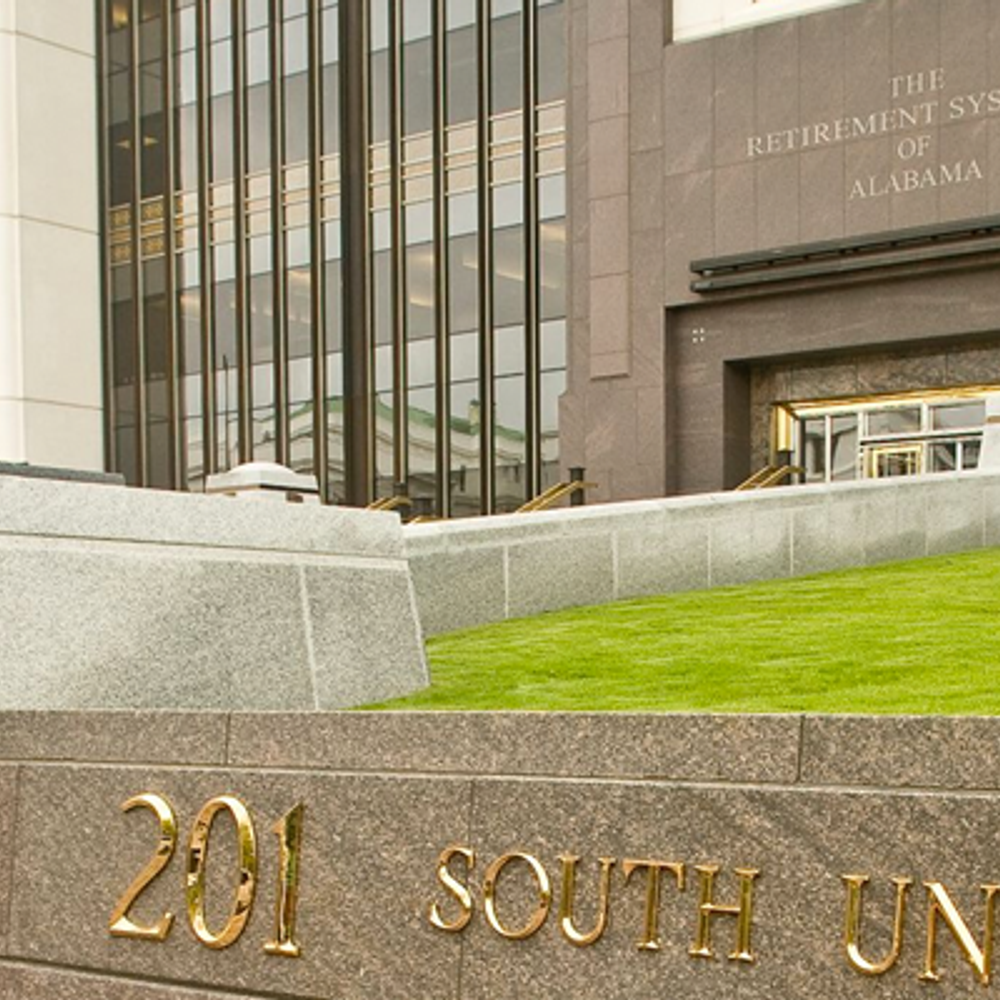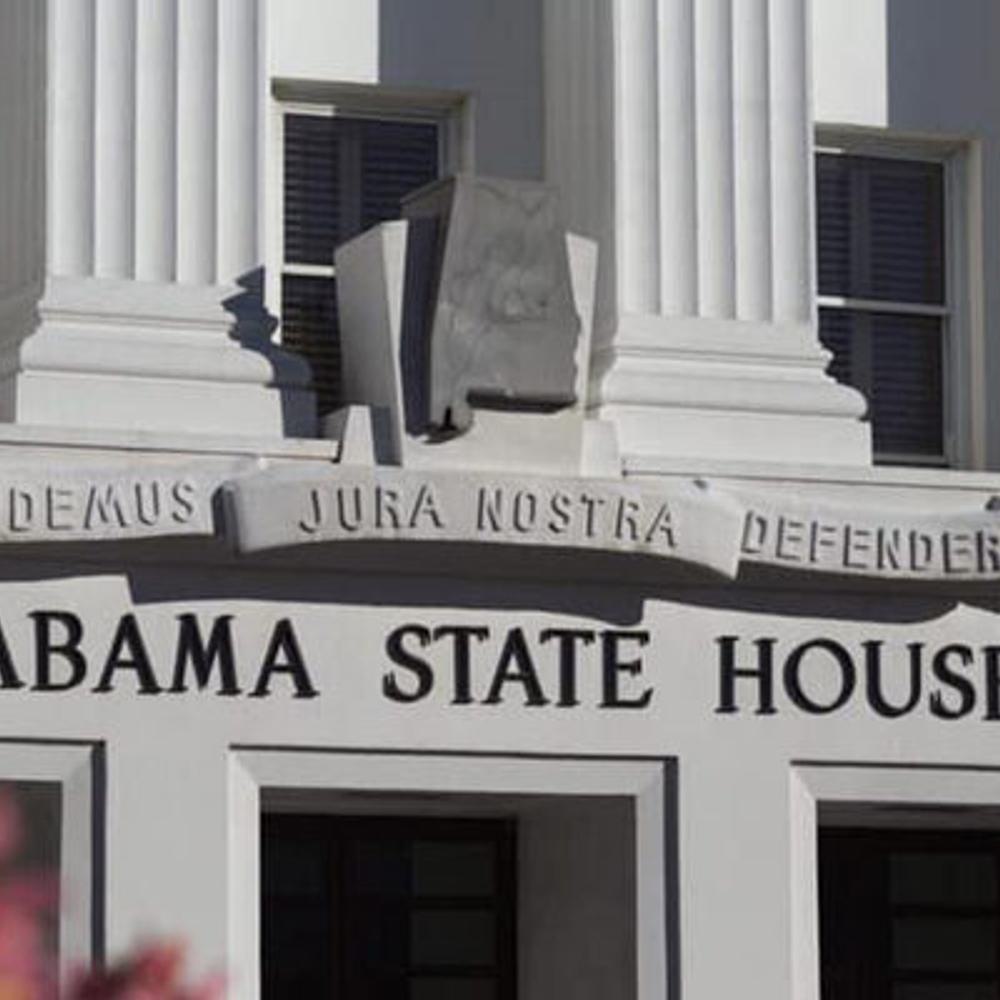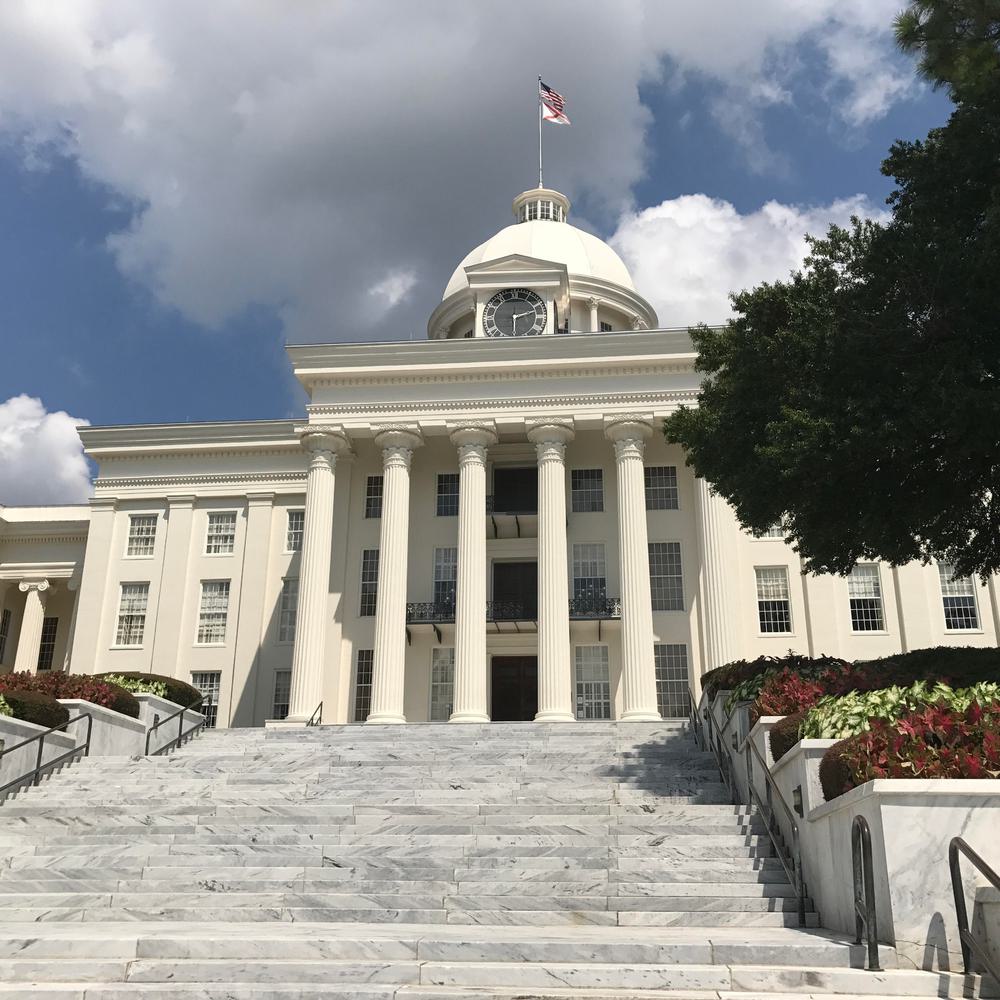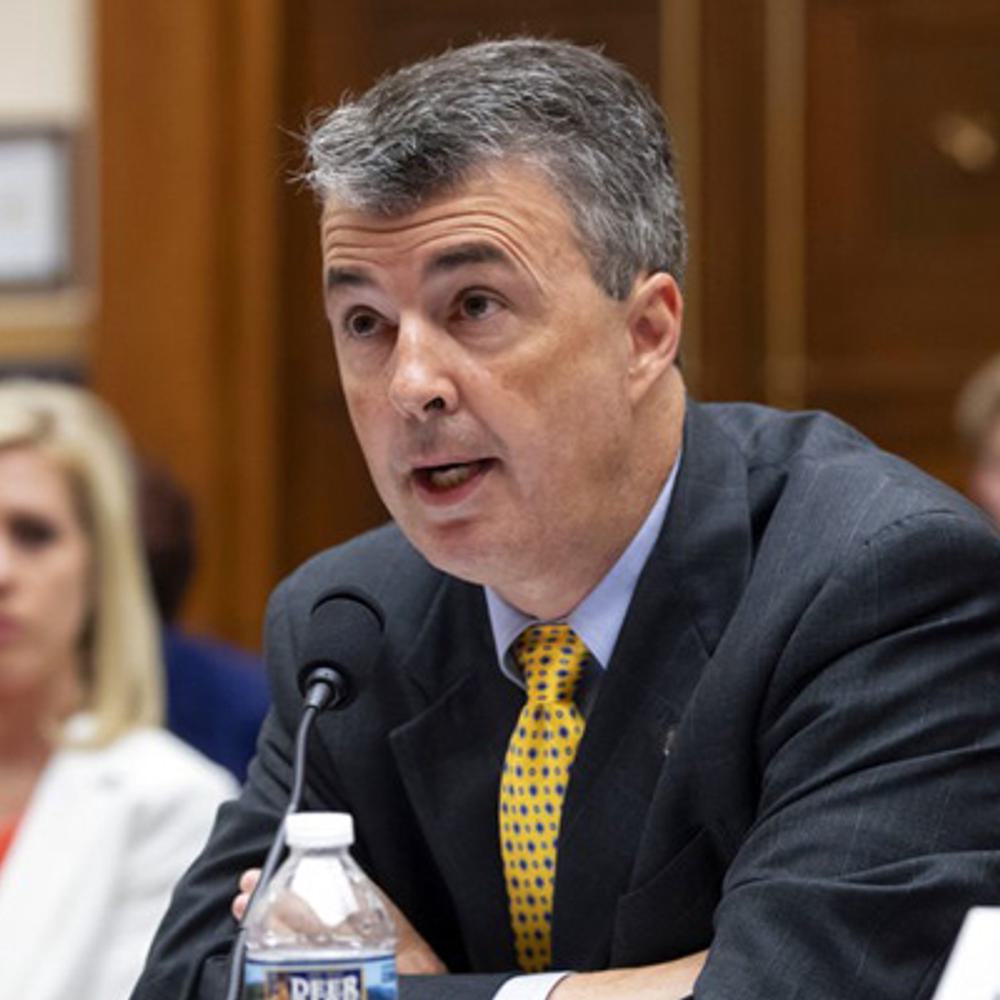Account
Loading...

It is not unusual for Alabama's highest-paid bureaucrat to use the Retirement Systems of Alabama's monthly newsletter, The Advisor, as a personal mouthpiece to spout off about his views on matters unrelated to RSA, and his January screed was no exception.

Building a new Alabama State House will cost around $325 million, according to Retirement Systems of Alabama (RSA) CEO David Bronner.

Legislative staff released initial designs for the new State House on Wednesday.

Retirement Systems of Alabama CEO David Bronner advocated against education voucher programs in the RSA’s most recent newsletter, suggesting parents receiving vouchers for their children’s education can’t be trusted to spend that money responsibly.

After 1819 News reported on a “spotlight bias” study from the 1792 Exchange, which gave the Retirement Systems of Alabama’s investment managers one of the highest “Pro-ESG” averages in the country, a spokesperson from RSA responded to refute the nonprofit’s claim.

The 1792 Exchange released a new “spotlight bias report” detailing the percentage of “pro-ESG” resolutions supported by state pension funds in 2022, and the Retirement Systems of Alabama (RSA) landed near the top of the list.

Legislators will consider at a meeting of the Legislative Council on Tuesday whether to enter into a lease agreement with the Retirement Systems of Alabama for a new State House.

CEO of the Retirement Systems of Alabama David Bronner recently leveraged the RSA’s newsletter to advocate against education savings accounts, which he claimed would jeopardize public schools and leave private schools unaccountable.

A poll released this summer by the Center for Excellence in Polling (CEP) showed a majority of Alabamians oppose investing taxpayer money in companies that use ideology as a metric to make business and investment decisions.

The Retirement Systems of Alabama (RSA) provided a startup loan to its current actuary in 2005. One economist is saying this is a conflict of interest that allows the public pension to appear more stable than it really is to lawmakers.

The Retirement Systems of Alabama (RSA) released a request for proposal (RFP) Monday seeking architectural services to investigate a 2.5-acre site in Montgomery and design a new state house for the Alabama Legislature.

A former professor at Troy University is accusing the college of targeting him for criticizing the Retirement System of Alabama (RSA).

If passed this legislative session, a new bill in the Alabama House of Representatives would allow beneficiaries of the Teachers’ Retirement System (TRS) and the Employees’ Retirement System (ERS) to earn a salary of as much as $52,000 a year while still receiving retirement benefits.

State legislators have consistently insisted the state can't afford to permanently cut income taxes, much less eliminate them altogether. Lawmakers have also strayed away from reforming the state’s retirement system, even as it reported negative returns in 2022. One economist says they’re all wrong.

Alabama ranked 29 among all U.S. states and territories for average state employee salary in 2021. Nevertheless, its highest-paid employee makes almost double what the highest-paid federal employee makes.

Alabama state treasurer Young Boozer assured that the Alabama State Treasury (AST) does not make investment decisions using ESG criteria.

Ross Bridge golf course will probably be under an accelerated renovation plan in 2023 after a recent groundskeeping mistake severely harmed most of its greens a couple of weeks ago.

Tee times at Ross Bridge are no longer being accepted for an undetermined period of time until course management can fix a recent herbicide mix-up that has caused the deterioration of fourteen of the course’s eighteen greens.

Alabama Attorney General Steve Marshall said Environmental, Social Governance (ESG) investing is the left’s new way of imposing their worldview on the country.

One might not expect to find so-called Environmental, Social Responsibility and Governance (ESG) policy in Alabama, but elements of it are around.

David Bronner, who has headed the Retirement Systems of Alabama (RSA), the state employee pension fund now valued at $50 billion since 1973, says turmoil in the financial markets can be primarily blamed on two phenomena: inflation caused by government overspending in response to COVID-19 and the ongoing Russia-Ukraine conflict.